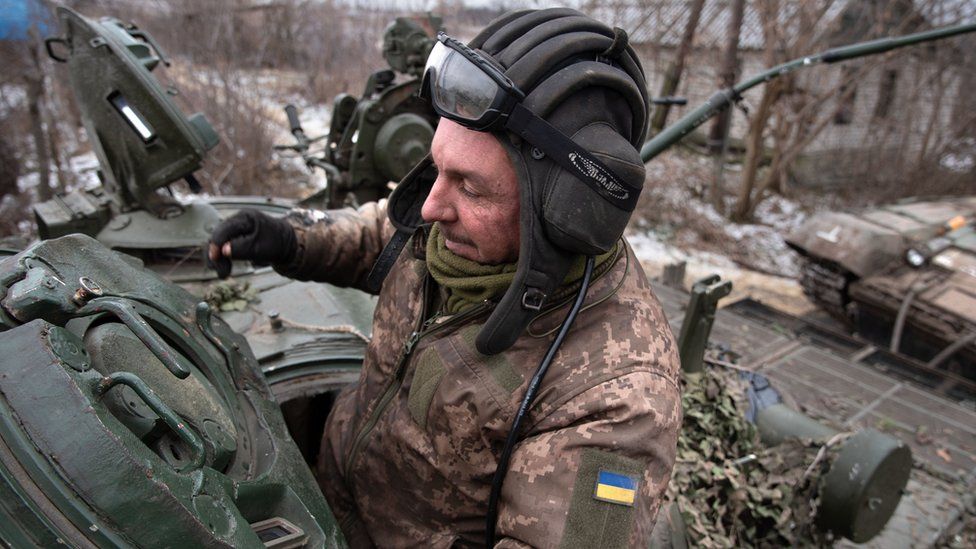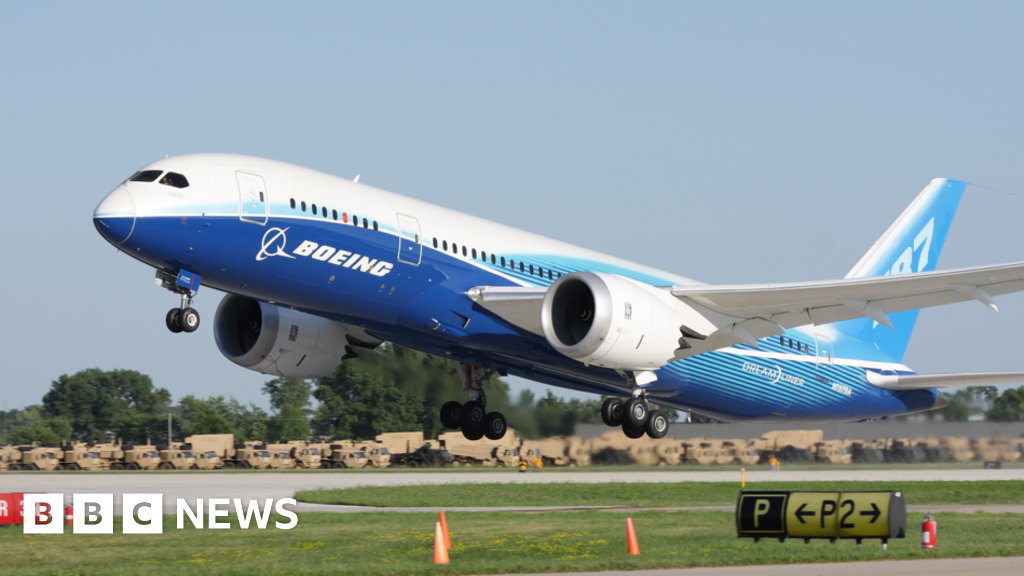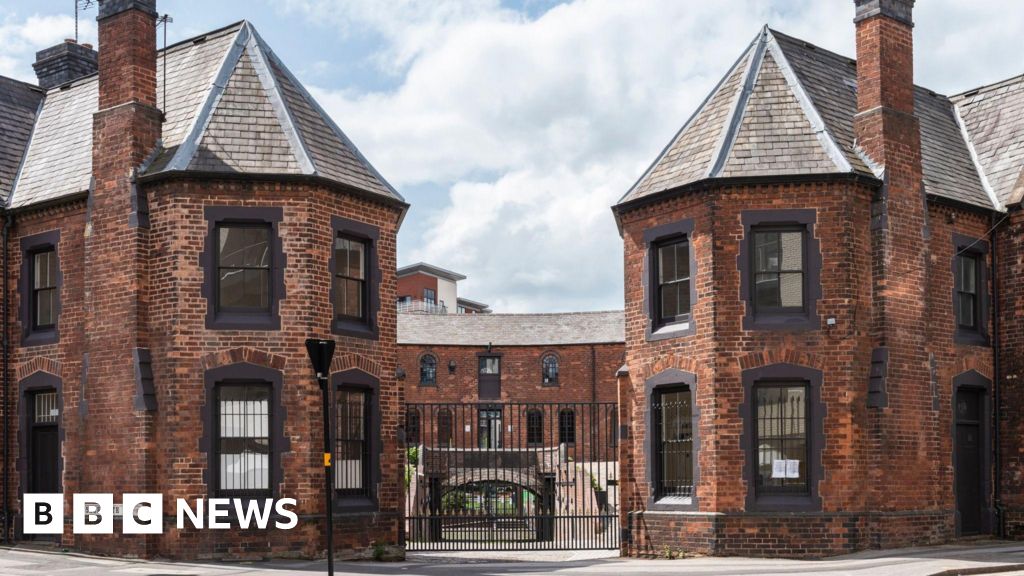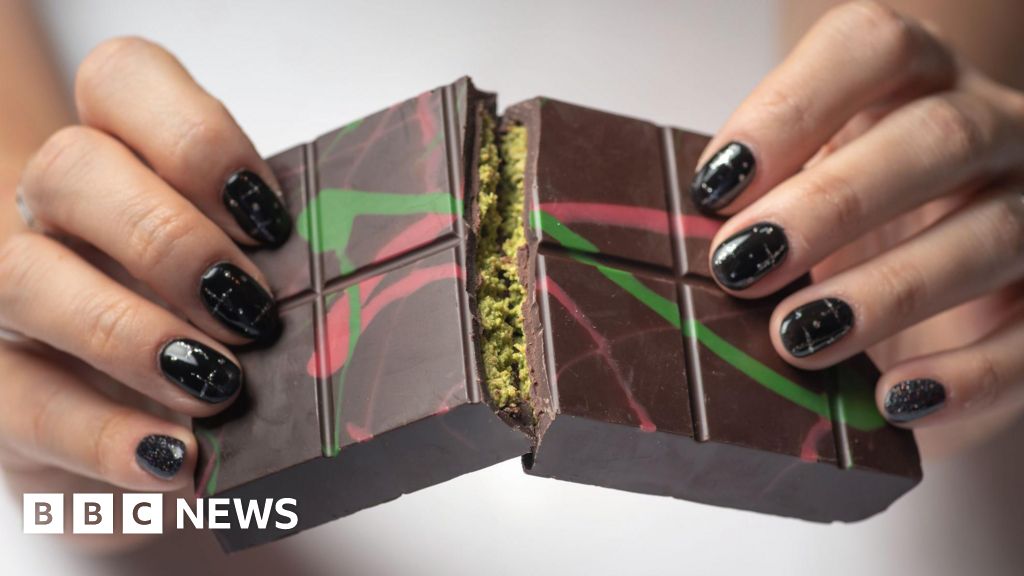ARTICLE AD BOX
 Image source, SOPA Images
Image source, SOPA Images
Ukrainian soldiers are defending against Russia's invasion, which has made global energy prices surge
By Faisal Islam
Economics editor
Ukraine's deputy prime minister has told the BBC she is confident Ukraine "will win this year".
Yuliia Svyrydenko was asked if she had a message for ordinary British families suffering the cost-of-living crisis partly onset by Russia's invasion.
Ms Svyrydenko, who is also the minister for the economy, called on countries to continue supplying weapons to Ukraine.
She described anti-missile systems as "vital" in the ongoing conflict with Russia.
"The fact that the UK is willing to participate in the recovery, to participate in weapons supply, means that they totally believe in Ukraine," she said, thanking Britain.
The deputy prime minister, who is participating in the World Economic Forum in Davos, Switzerland, also discussed the reconstruction of Ukraine - which she said should, in part, be funded by money seized from Russian oligarchs as part of Western sanctions.
"It can be a source for Ukrainian people to get the reconstruction of residential areas, of schools, kindergartens, everything that's necessary for a normal life," she said.
In September, the World Bank estimated the cost of Ukraine's reconstruction to be at $350bn (£285bn), but Ms Svyrydenko said she believed that figure could now be $1 trillion (£815bn), because of continued missile strikes on the country's energy grid.
Responding to comments made by the chief executive of fertiliser company Yara International that Russia was Putin is weaponising food, says fertiliser boss by pushing up the cost of fertiliser, Ms Svyrydenko said she "wouldn't be surprised" if this was the case.
"Russia acts like a terroristic state," she said, adding, "we have seen terroristic acts by Russia throughout this war."
Russia is a top exporter of fertilisers and chemicals used to make them.
But the war has caused supply issues and driven up the price of natural gas, which is key to fertiliser production.

 2 years ago
44
2 years ago
44








 English (US) ·
English (US) ·